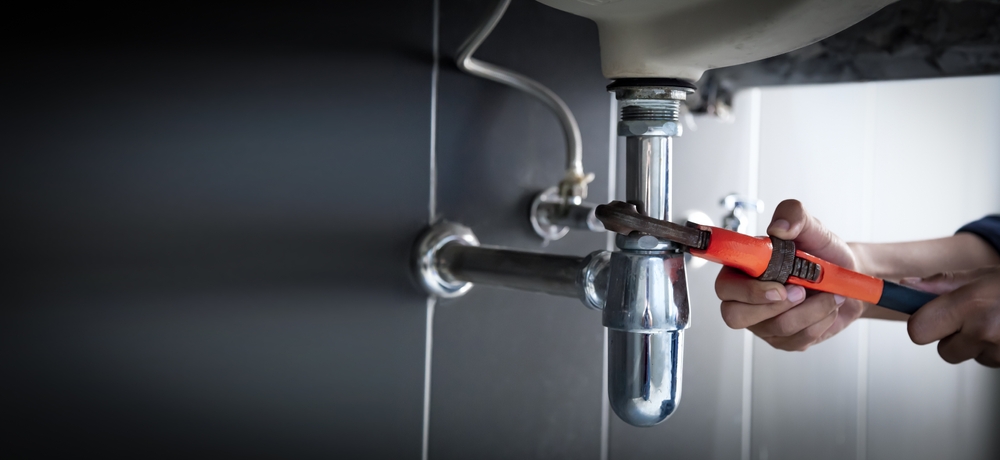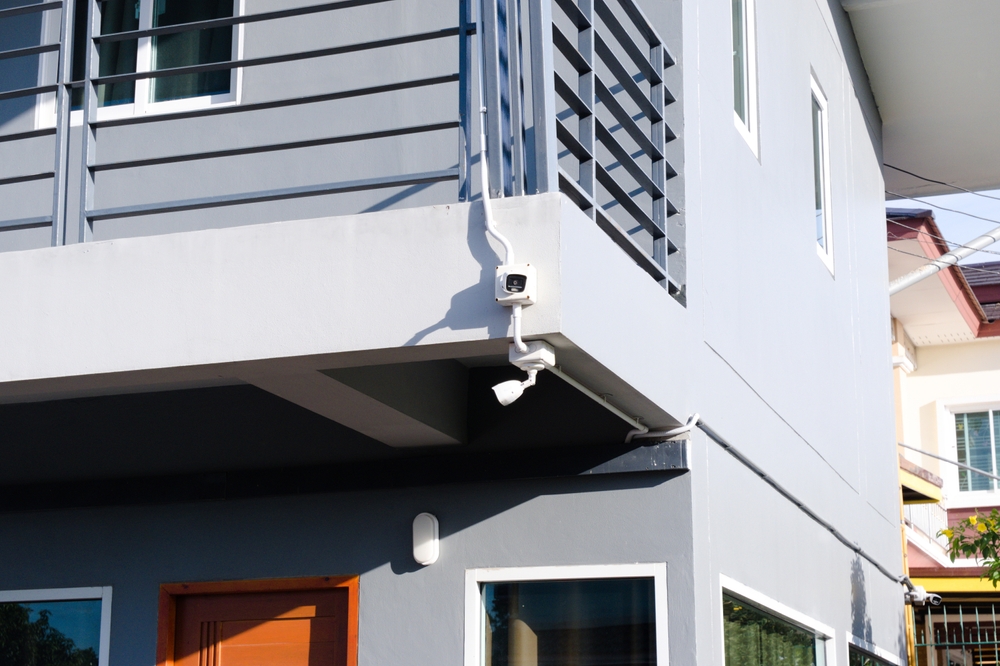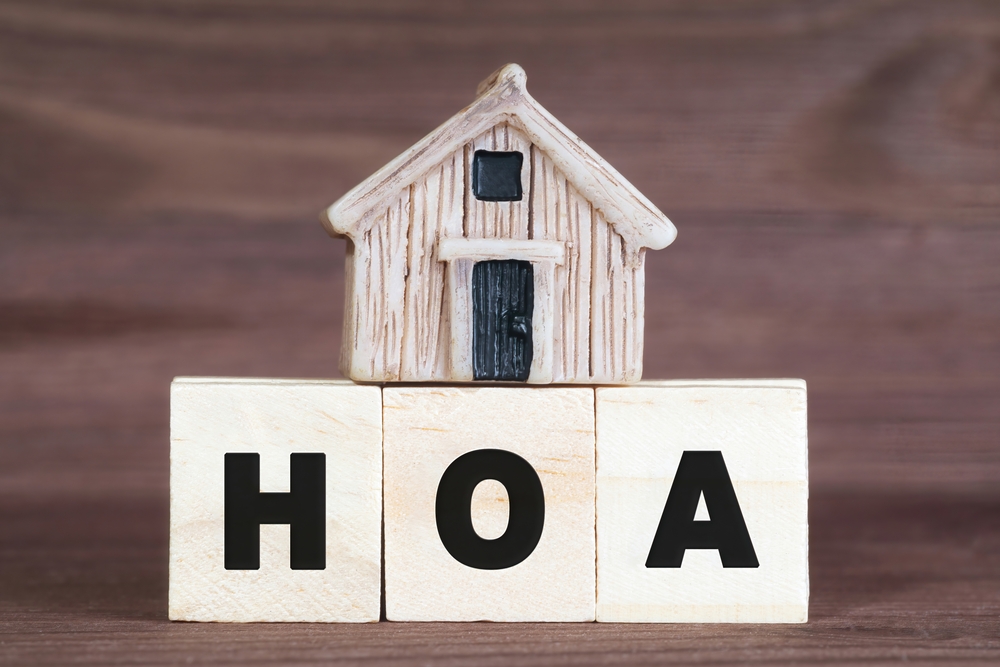
Unlike more visible maintenance concerns, plumbing issues typically begin quietly. A damp patch on a ceiling or minor discoloration on a wall might seem harmless until it reveals a far larger problem lurking behind drywall or beneath concrete. For communities with buildings over 20 years old, these leaks can become more frequent and difficult to ignore.
Repairing a single leak is rarely a standalone cost—it often comes with collateral damage to surrounding walls, flooring, and fixtures. And in multi-unit buildings like condominiums and townhomes, one unit’s leak can affect several others, compounding the complexity and expense.
Determining Responsibility: What Your Governing Documents and State Laws Say
One of the most challenging aspects of addressing plumbing leaks in HOA communities is determining who is responsible for repairs. The answer isn’t always straightforward and can depend on:
Some associations require the unit owner to repair interior pipes but make the HOA responsible for drywall or structural repairs. In other cases, the reverse may be true. Because many governing documents are outdated or unclear, it's crucial to cross-reference them with updated state legislation and, when necessary, seek legal clarification.
When leaks lead to substantial damage, insurance policies often become a central piece of the puzzle. Ideally, the HOA’s master policy and the homeowner’s individual insurance policy should align without gaps. Think of them as two interlocking hands—together covering everything from the pipe itself to the resulting drywall and flooring damage.
However, the reality can be less seamless. Each insurer may interpret responsibility differently, particularly when it comes to cause (e.g., sudden break vs. slow wear) and negligence. Boards should encourage homeowners to carry adequate individual policies, and the HOA should maintain comprehensive master coverage that reflects the community’s current structure and risk.
When plumbing issues become frequent, insurers may begin viewing them as a symptom of negligence. Multiple claims on a community’s record can trigger increased premiums, policy restrictions, or even dropped coverage. In states like Florida, legislative changes have even shifted responsibility for interior wall repairs to the HOA in certain leak scenarios, regardless of prior interpretations.
Insurers won’t continue covering repeat damages without action. At some point, they will require the community to address the root cause. If your association has experienced multiple leaks within a short time frame, it may already be on the radar of underwriters reviewing your renewal terms.
Replacing plumbing systems in an aging building is undeniably disruptive and expensive—but it may be the only fiscally responsible solution in the long run. The key is to plan ahead.
Start by commissioning a plumbing assessment or reserve study to identify the condition of pipes, potential vulnerabilities, and the projected replacement timeline. From there, develop a funding plan that allows the community to gradually build reserves for future upgrades. Associations that begin saving early avoid the need for sudden special assessments or loans, which can be financially burdensome and divisive among homeowners.
Boards should also communicate clearly and consistently about the importance of this planning. Framing the issue as a proactive risk management strategy, rather than a reactive repair project, helps homeowners understand the financial logic and long-term benefits.
Addressing plumbing issues, especially on a building-wide scale, requires coordination between engineers, contractors, insurance providers, legal advisors, and community stakeholders. This is not a project most volunteer boards can—or should—manage alone.
Partnering with a property management company can help your association navigate the technical and administrative aspects of plumbing maintenance. From gathering bids and managing communications to scheduling repairs and filing insurance claims, an experienced management team ensures the process is efficient, transparent, and professionally executed.
Preventive Steps HOA Boards Can Take Now
Plumbing leaks are more than just an inconvenience—they represent a growing liability for aging HOA communities. Left unaddressed, they can lead to skyrocketing insurance premiums, unresolved legal disputes, and financial strain for both boards and homeowners. By proactively reviewing maintenance responsibilities, engaging with insurance professionals, and investing in long-term capital improvements, HOA boards can protect their communities from escalating repair costs and reputational harm.
If your HOA is facing recurring plumbing issues or needs help navigating complex maintenance responsibilities, Gordon James Realty offers experienced property management services to support your board. Learn more about how we can help your community manage risk and plan ahead.

Can condo owners install security cameras or doorbell cams? Learn how associations should handle cameras, privacy concerns, and common area restrictions.

Learn how attending board meetings and staying informed helps HOA homeowners foster transparency, improve governance, and build stronger communities.
We're proud to make partnering with us easy. Contact our team to connect with one of our industry experts and get started today.